| I used to be a big advocate of personal responsibility for climate action. I even had a website called GreenDIY where I extensively researched every little thing I could do to make my home more environmentally friendly, and I tried it all – from upcycling furniture I found in skips to painting my walls with clay! My efforts were inexpensive and fun so I still enjoy living as green a lifestyle as I can, but as the Earth’s temperature continues to rise and people continue to suffer from climate related impacts, I’m far less convinced that my personal efforts can do anything to help combat climate change. |
| This week, I got to meet one of my personal heroes, Bill McKibben, at Trocaire’s Climate Justice Conference. Bill is the founder of 350.org and convinced 400,000 people to march in New York to demand climate action last September. Bill is an iconic activist, hailed as “the environmental movement’s most influential spokesperson in the United States”. He has used his mind, words and even his body to defend his cause and he’s convinced others to do the same. In 2011, 1,252 people, led by Bill McKibben, were arrested outside the White House for protesting against the Keystone XL tar sands oil pipeline. Their action was the catalyst for President Barack Obama’s veto of the pipeline construction this year. |
“The best thing an individual can do is stop being an individual.”
What does “stop being an individual” mean for climate action in Ireland?
| I used to cringe at the word “activist” -The image of unshaven “hippies” chained to trees or vandals tearing apart the streets “for a cause” always popped into my head. When people began introducing me as a “climate activist” because of my work in the NGO sector, I thought my credibility as an environmental scientist was lost forever. “Activist” can be perceived as a negative label, but people like Bill McKibben are taking it mainstream. I now subscribe to the view that activism is “my rent for living on this planet”, and it is a privilege to join other activists to make this planet a better place for everyone who lives here. |
| Bill McKibben advised us not to “expect our young people to be cannon fodder” and asked the older generations to act on their behalf. People like 77 year old Phil Kingston and other Grandparents for a Safe Earth are certainly answering that call, but even those of us who aren’t OAPs could do more to speak and act for the benefit of those who can’t. |
How do I become an activist?
|
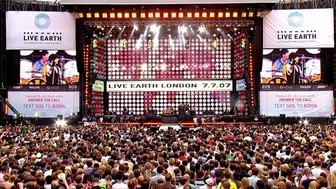 Live Earth 2007 (torrentbutler.eu)
Live Earth 2007 (torrentbutler.eu) - Go to a concert - In September, Al Gore will team up with Pharrell Williams to host Live Earth, a global concert for climate. A parallel event will be hosted in Dublin to tie in to the global movement. A large turn-out shows the rest of the world that the people of Ireland are sympathetic to developing nations suffering from climate change and committed to climate action here at home. Stay tuned to Stop Climate Chaos for details closer to the date.
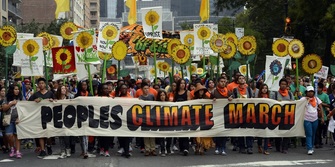 People's Climate March 2014 (huffingtonpost.com)
People's Climate March 2014 (huffingtonpost.com) - Take a walk - In November, there will be a worldwide march calling for action before the United Nation’s climate negotiations in Paris. Ireland will host its own event in solidarity with the global action. We need to show our own representatives that they have to be courageous and progressive when they join the UN negotiations. Marching on the streets of Ireland is one way to get that message across. Join Stop Climate Chaos to get involved.
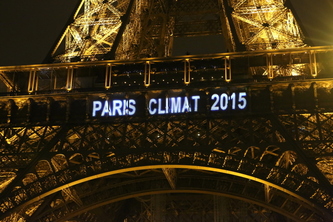 wattsupwiththat.com
wattsupwiththat.com - Come to Paris! – The United Nations’ climate negotiation (COP21) take place in Paris from Nov. 30-Dec. 11. Its success largely depends on the need for strong pressure from civil society. Over 250 people have already committed to travel from Ireland to Paris to take part in demonstrations and actions on Dec 11-12. This will be a globally historic event -What better way to make a difference and be part of history than to represent Irish civil society there. Stop Climate Chaos will provide further details closer to the date.
Even if you’re geographically or physically restricted, activism can be home-based too and involve simple actions like:
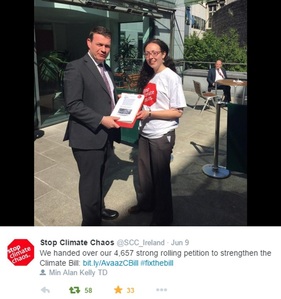
- Sign the Avaaz petition, demanding a strong climate bill for Ireland – It’s taken us a decade to get climate legislation passed in Ireland, but we’re finally approaching the finish line. Unfortunately, the latest version of the climate bill is by far the weakest that has ever been put forward and will do very little to support a real transition to a low carbon society. We have one last chance to call for amendments. Over 6,000 people have now signed a petition addressed to Environment Minister, Alan Kelly. With just a few weeks before the final decisions are made, taking one minute to sign this petition could be the best form of activism you do today.
 Ice bucket challenge (huffingtonpost.com)
Ice bucket challenge (huffingtonpost.com) - Subscribe to a mailing list to take online actions – There are a surprisingly large number of organisations active in the climate change issue in Ireland. Fortunately, many of them have come together under the umbrella of Stop Climate Chaos to coordinate their efforts and often ask subscribers to their mailing lists to take quick online actions to support the cause. If you can’t be an active activist, then being a “clicktivist” is the next best thing and only takes a minute of your time.
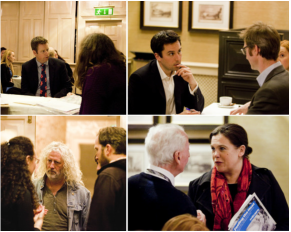 Stop Climate Chaos 2015 climate lobby event, Buswells Hotel (trocaire.org)
Stop Climate Chaos 2015 climate lobby event, Buswells Hotel (trocaire.org) - Contact your TD to express your concern - Politicians often argue that the reason they don’t act on climate is because it’s not a “doorstep issue” and so their constituents obviously don’t care about it. That logic is naïve – climate change is probably not the first thing you worry about in the morning when there are more immediate problems at hand, but a majority of people will agree that they’re concerned about it in the longer term. We need to get politicians to stop thinking climate is a non-issue just because it’s not what people talk about with them for 30 seconds on a doorstep. So, take a moment to send your TD an email simply telling them that you care about climate change and would like them to show initiative on the issue. Our elected representatives are supposed to be working for us, and a personal e-mail from one of their “employers” can go a long way toward getting them to think and act on climate.
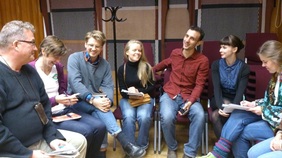 TTIP Home Party (Friends of the Earth Sweden)
TTIP Home Party (Friends of the Earth Sweden) - Host a home party – In Sweden, “home parties” to discuss concerns about the transatlantic trade agreement, TTIP, are becoming popular. In a world where we engage less and less with the people around us and get most of our information online, such an idea seems like a refreshing change to business as usual. The home party concept as a means of discussing current events hasn’t reached Ireland yet, but there’s no reason why you can’t be the trend setter. There are plenty of climate change experts in the country that would be happy to facilitate/guide you to host such a party in your own home or community centre.
| Bill McKibben argues that “if you’re keeping your powder dry for a special occasion, this is the occasion”, and I’d wholeheartedly agree. Climate change will affect every country and every person on this planet. This week alone it’s contributed to: the deaths of over 700 people from a heatwave in Pakistan; severe drought and fires in California; and floods in Texas – just to name a few. |


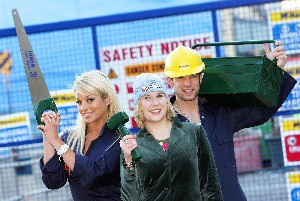
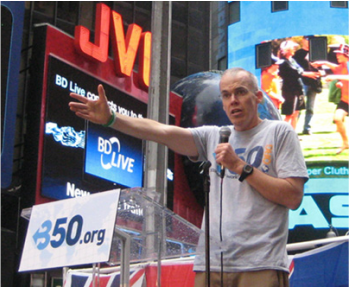
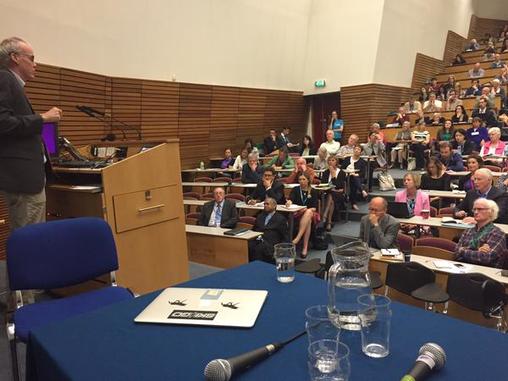
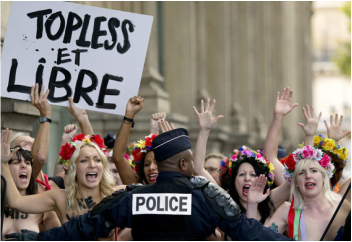
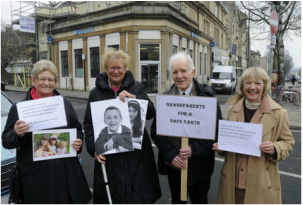
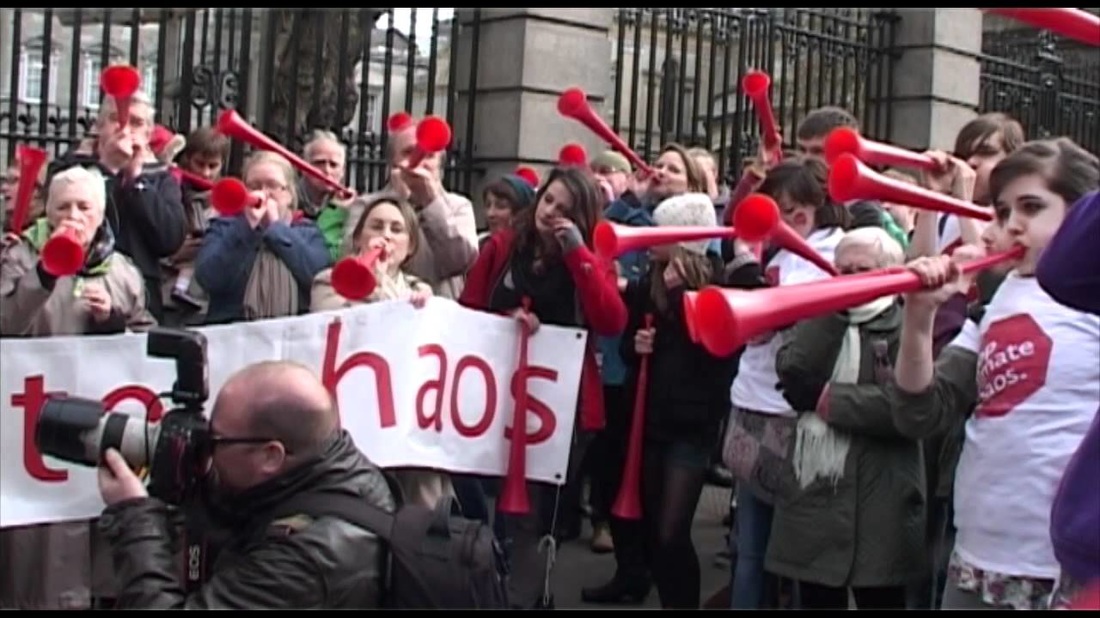
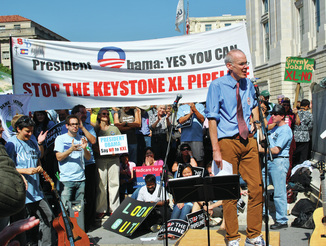
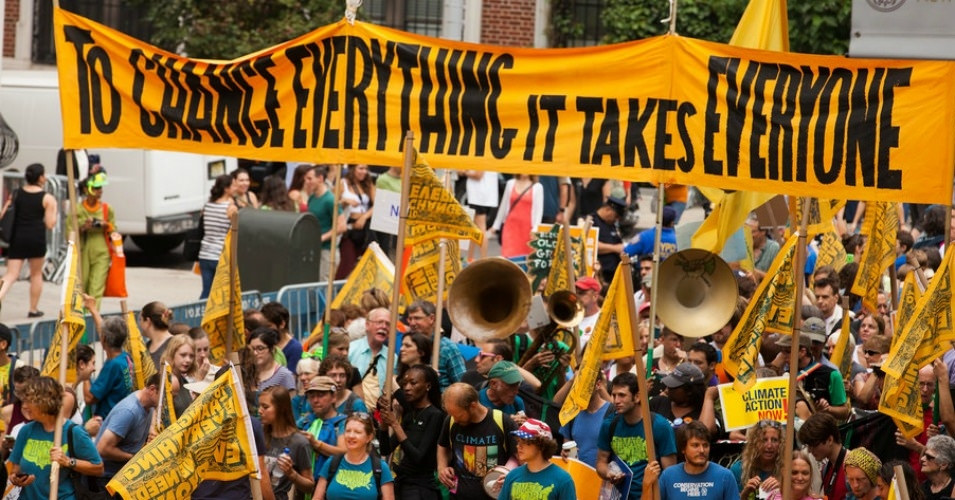
 RSS Feed
RSS Feed
